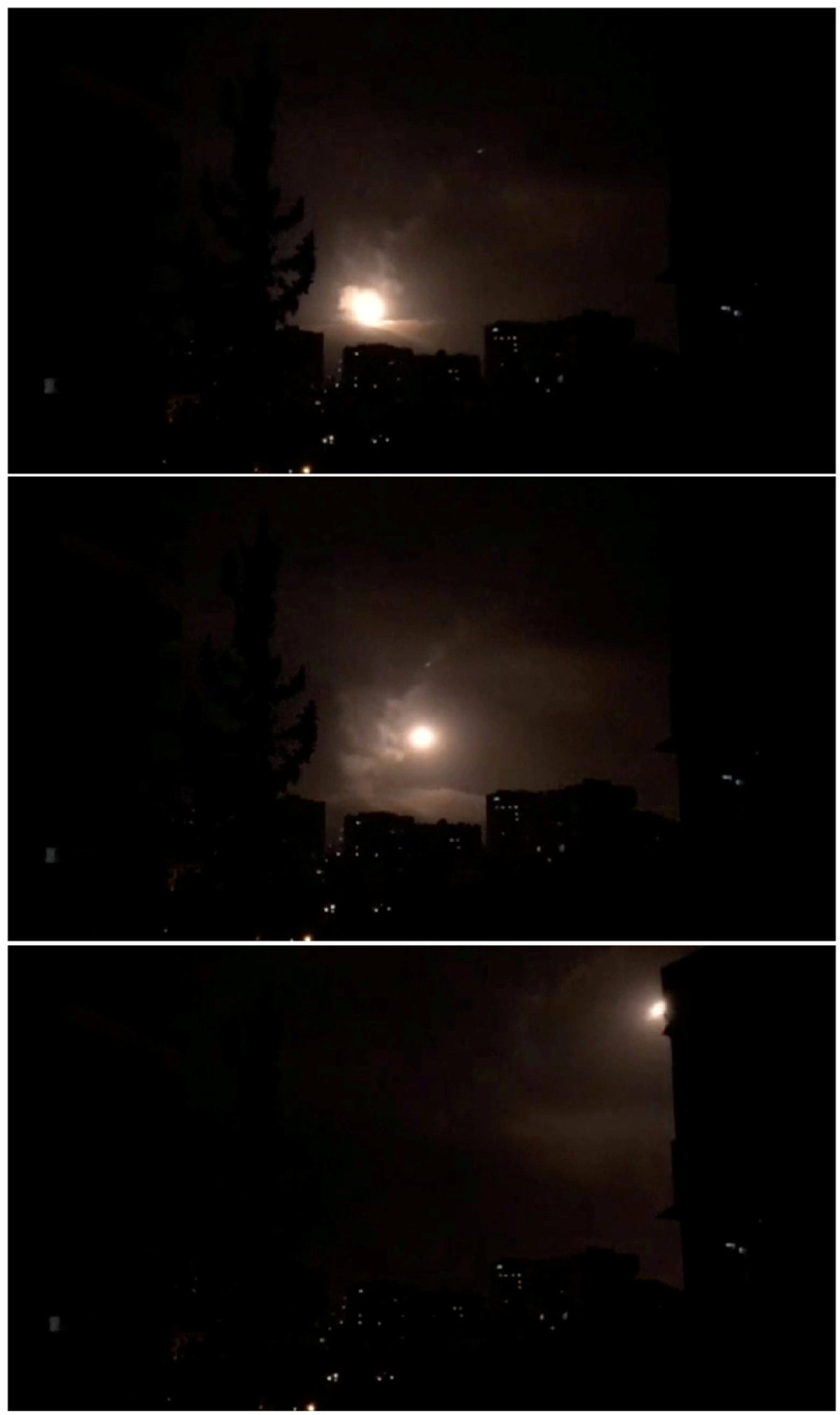Strikes risk leading to out-of-control situation: China Daily editorial
chinadaily.com.cn | Updated: 2018-04-14 16:57

Chemical weapons have rightly been anathema since their horrors were revealed on the battlefields of World War I. Since then, there has been a strong and sustained shared international will to prohibit not only their use, but also their development, production, acquisition, or stockpiling, as set out in the Chemical Weapons Convention that came into force in 1997, and which 192 states are now party to.
Thus the United States and its allies have tried to claim the moral high ground when justifying their military strikes against government targets in Syria early on Saturday morning, having previously pointed the finger of blame at President Bashar al-Assad for a suspected chemical weapons attack on the town of Douma.
However, the Syrian government has repeatedly denied it was responsible, and the military action by the US, France and the United Kingdom came before the fact-finding team dispatched by the Organisation for the Prohibition of Chemical Weapons was due to start work later in the day.
Russia's foreign affairs committee chairman Konstantin Kosachev has even suggested the strikes were an attempt to hamper or block the OPCW starting work in Douma. As Russia has already claimed the attack was staged to incriminate the Syrian government, President Vladimir Putin condemned it as "an act of aggression" against a sovereign nation.
While it is right for the international community to act to prevent the normalization of chemical weapons use, any action should be done in accordance with the UN Charter and international law, as UN Secretary-General Antonio Guterres urged. That requires the comprehensive, fair and objective investigation that China has called for be carried out to get to the truth of the matter.
Instead, the US and its allies have carried out an “adventurist action” without even waiting for the OPCW to take a position, as the Iranian Foreign Ministry said.
UK Prime Minister Theresa May has claimed there was no “practicable alternative to the use of force" and that the strikes were not about "regime change", but her words need taking with a large pinch of salt if they are to be swallowed, given in the past all three countries have said the war in Syria should end on terms that do not leave Assad in power, and their current antagonist stance toward Russia, which has been acting in support of his regime.
It was only a few weeks ago that US President Donald Trump spoke of withdrawing the US presence from Syria, and in his address from the White House announcing the actions, he said, "under no circumstances" does the US seek an indefinite presence in Syria. Yet his hasty action suggests that the US is becoming even more ensnared in what is already a complex web of competing influences in the country, perhaps as a result of the current administration’s antagonistic stance toward Iran.
And there's the rub. While the Syrian people will be hoping there is an end to their suffering, that does not look like coming any time soon. For Syria has become the nexus for regional power plays and the arena for a shadow war between the West and Russia that portend even worse is to come if all involved do not exercise restraint and instead allow the current hostilities to escalate.
























